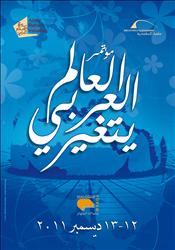Presentation
since its independence 28th November 1960; Mauritania knows so many struggles and military actions, after the first general election in the country and when the Daddah’s party win the election and became the president of the state, in 1978 it was a military action that took him out the governance and it was a beginning of a series of military actions.
After OULD DADDAH a military commission led by Mustafa OULD MED SALECK took the power ;and all the constitutional establishments was arrested ; in the same year OULD MED SALECK presents his demission ; another military man :
Med Mahmoud OULD AHMED LOULY took the power, in less than two years OULD HEYDALA became the president by military action ; and established a new government and constitution , OULD SIDI AHMED TAYA became the prime minister in April 1981 in a new military government and soon he led a popular manifestation lead to a military action put end for the HEYDALA’s as a president in 1984 ; a new constitution was establish by OULD TAYA in 1991 , all that continue until the last one led by the present president OULD ABDELAZIZ . After OULD MED FALL movement 2005
.
The Mauritanian people live under this difficult political and military situations, in add the society constitute of different races and tribes maurs, barber and Negros this is a source of cultural richness but also a reason of some problems.
The independence of Mauritania was in the beginning of years sixty, but in the same time because of some political and social factors.
In the late 1980s, Mauritania was still in the early stages of developing a modern education system. Although Islamic education had long been an important part of life, this religious instruction involved only rote learning of the Quran. Few Mauritanians possessed skills necessary to create a modern nation-state. The government has consistently stressed the need for improved and expanded education programs and in the 1980s was actively pursuing these goals. While modern, skill-oriented programs were being established to help satisfy the growing needs for skilled workers and technicians, efforts also were under way to expand traditional Islamic education. Expanding Quranic education has been viewed as necessary to preserve Islamic cultural tradition and promote national unity.
Before the 1999 reform, there were two separated systems of education in Mauritania:
- The Arabic branch in which Arabic was the main language of studies.
- The Bilingual branch where the courses of study were mainly taught in French
















